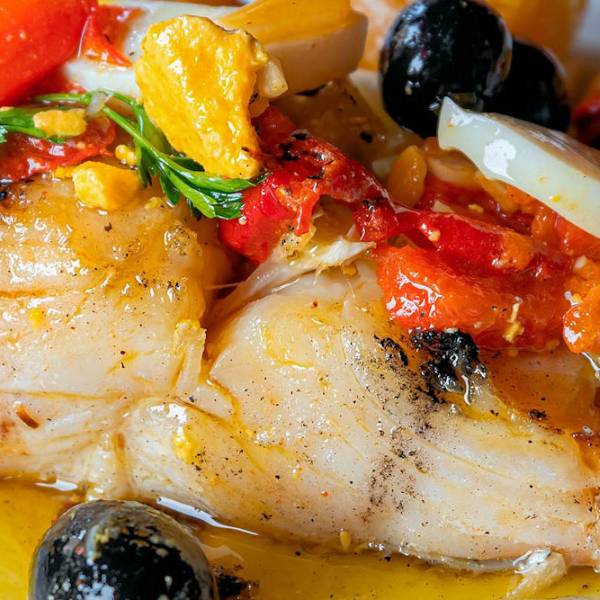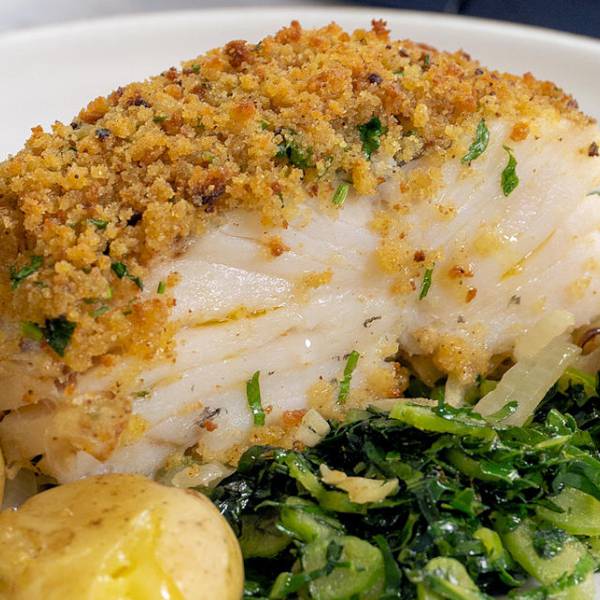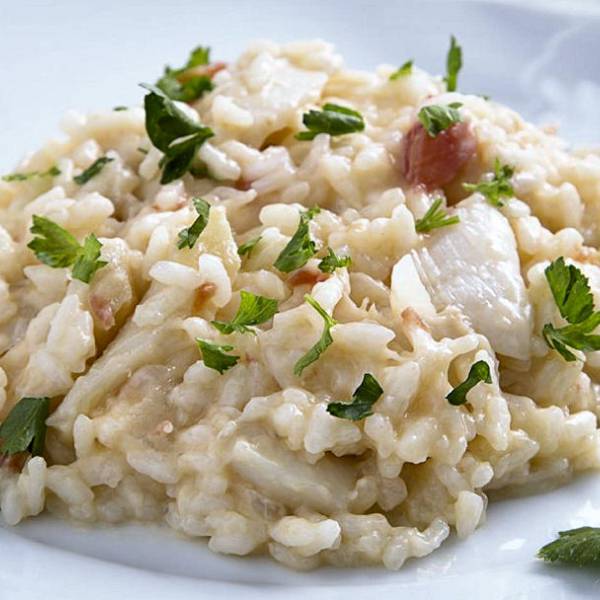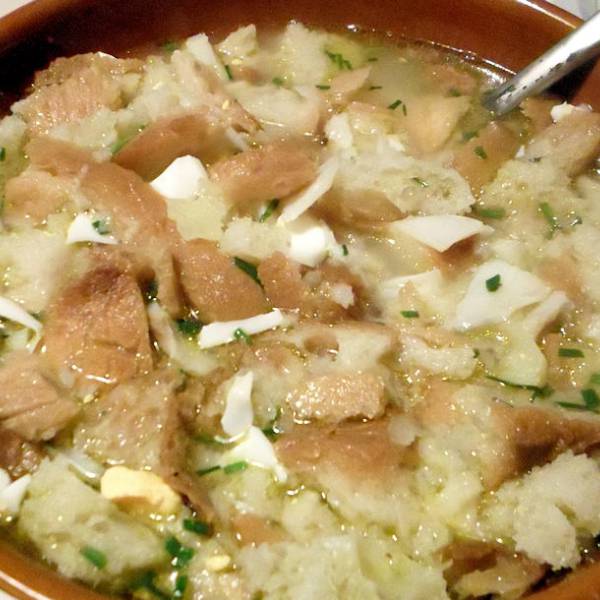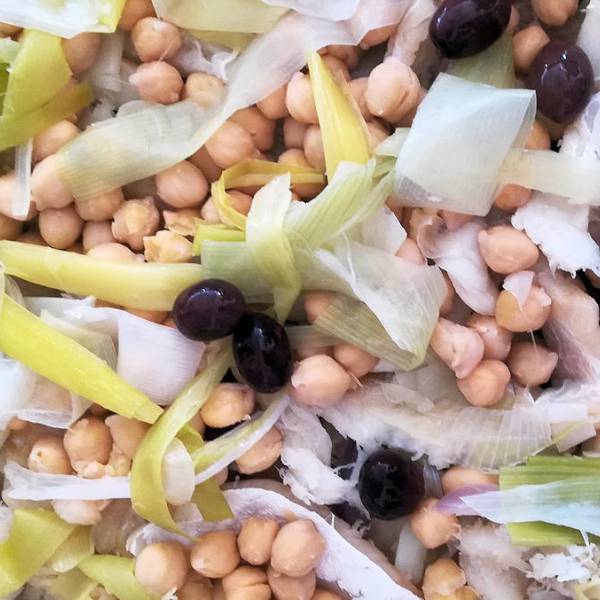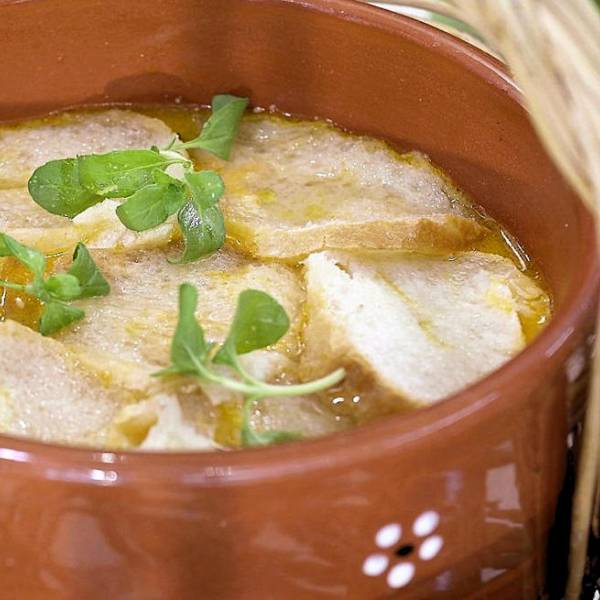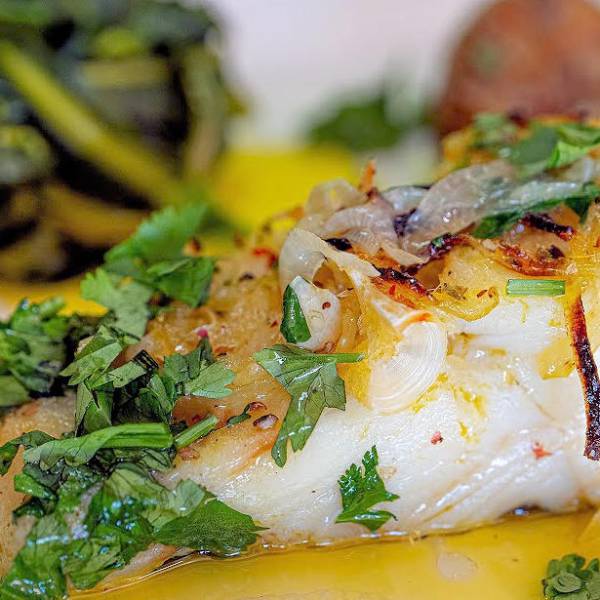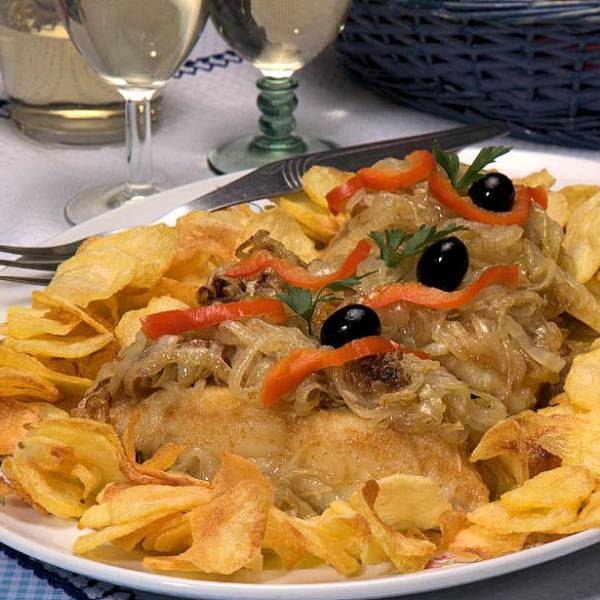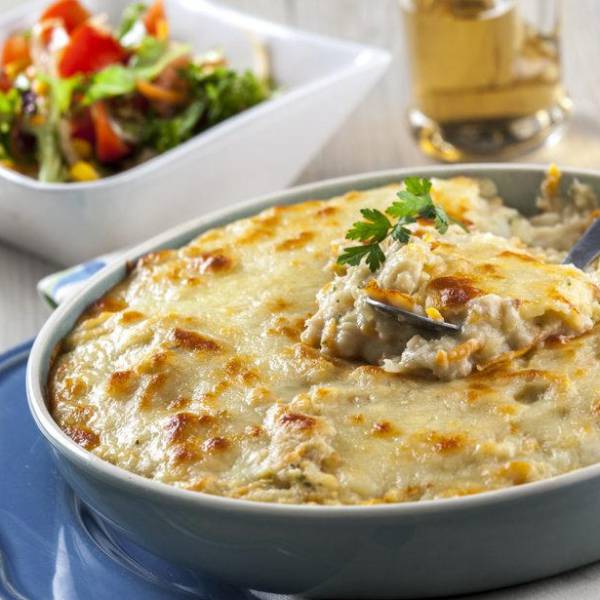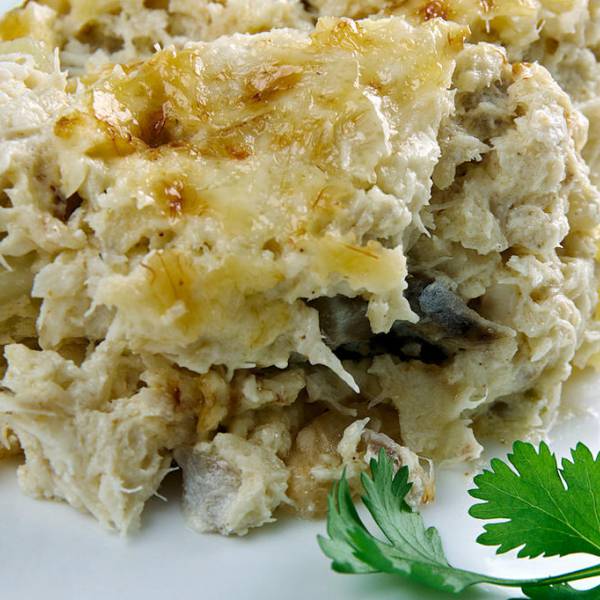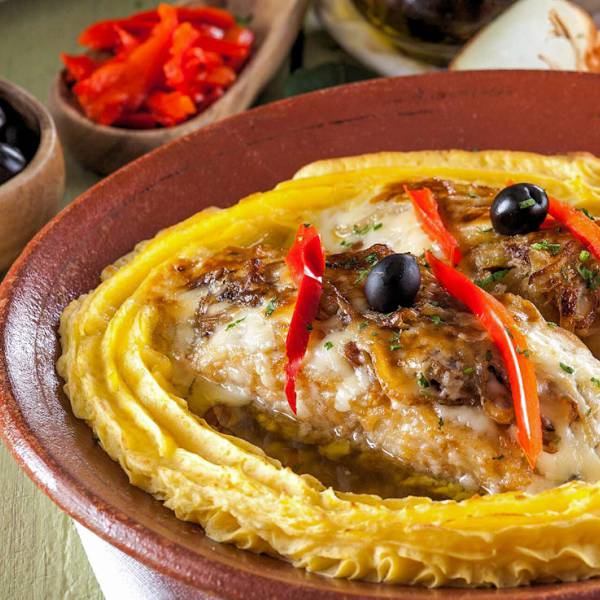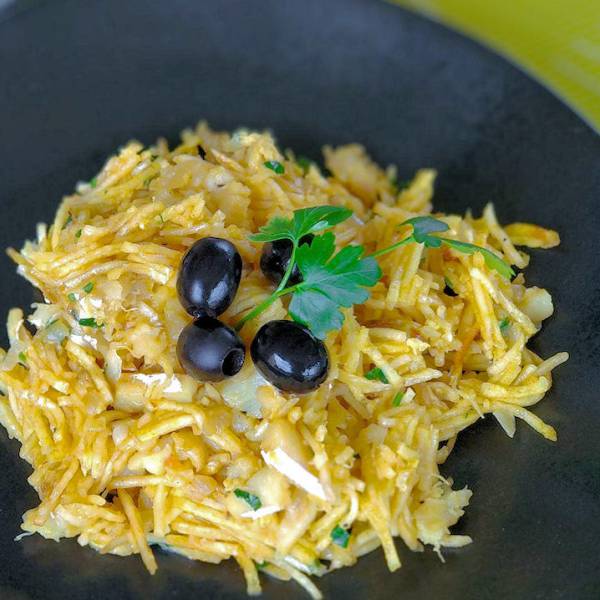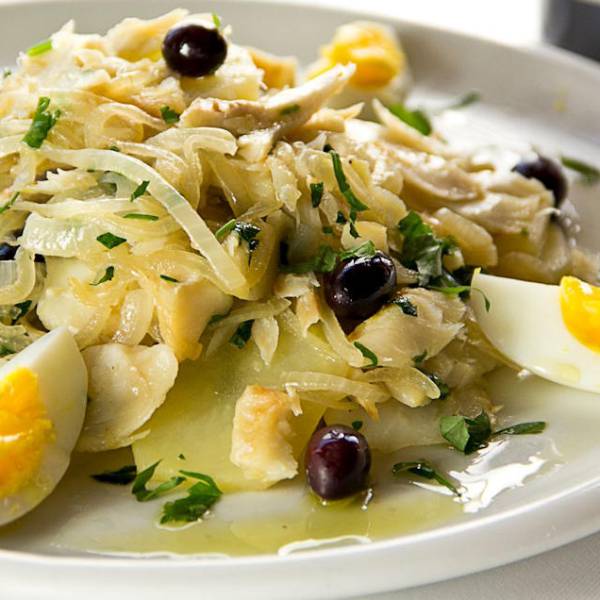The answer lies within the annals of Portuguese exploration and trade. Since the 15th century, intrepid Portuguese sailors embarked on voyages across the Atlantic Ocean in pursuit of new lands and resources. Their expeditions led them to the bountiful fishing grounds of Newfoundland, Canada, where codfish thrived. However, to preserve the fish for their long return journey, they resorted to salting and drying it on the shores. This preservation process endowed the codfish with a distinctive texture and flavor, while also ensuring it remained edible for months without refrigeration.
Bacalhau swiftly became a dietary staple for the Portuguese people, particularly during Lent when meat consumption was prohibited by the Catholic Church. Additionally, it served as an affordable and nutritious source of protein for the working class. In fact, bacalhau held such significance that it was utilized as a form of currency in certain Portuguese colonies, notably Brazil.
Another vital component of arroz de bacalhau is arroz carolino, a short-grain rice variety native to Portugal and cultivated since the 18th century. This rice bears a resemblance to the Italian arborio rice, albeit with a higher amylose content, imparting a less sticky and more firm consistency upon cooking.
Arroz carolino proves ideal for dishes that necessitate a creamy and starchy texture, such as risottos, soups, and puddings. Its ability to absorb and accentuate the flavors of accompanying ingredients makes it the perfect rice for arroz de bacalhau.
Beyond its palatable qualities, arroz de bacalhau embodies a symbol of Portuguese culture and identity. It beautifully encapsulates Portugal's history as a maritime nation that explored uncharted territories and brought back a plethora of new flavors. Additionally, it showcases the resourcefulness and adaptability of Portuguese cooks, who ingeniously crafted diverse and satisfying dishes from humble ingredients.
Lisbon.vip Recommends
The popularity of arroz de bacalhau transcends borders, captivating not only the Portuguese population but also communities of Portuguese immigrants residing in various countries, including Brazil, Angola, Mozambique, and Macau. Furthermore, tourists visiting Portugal eagerly seek out this traditional dish to savor the authenticity of Portuguese cuisine.
Arroz de bacalhau represents far more than a mere culinary delight. It serves as a celebration of the diversity and opulence of Portuguese gastronomy. It pays homage to the past while embracing the present. This dish possesses the remarkable ability to bring people together, evoking joy and contentment. Undoubtedly, arroz de bacalhau is a culinary masterpiece that deserves to be experienced and shared with enthusiasm.







